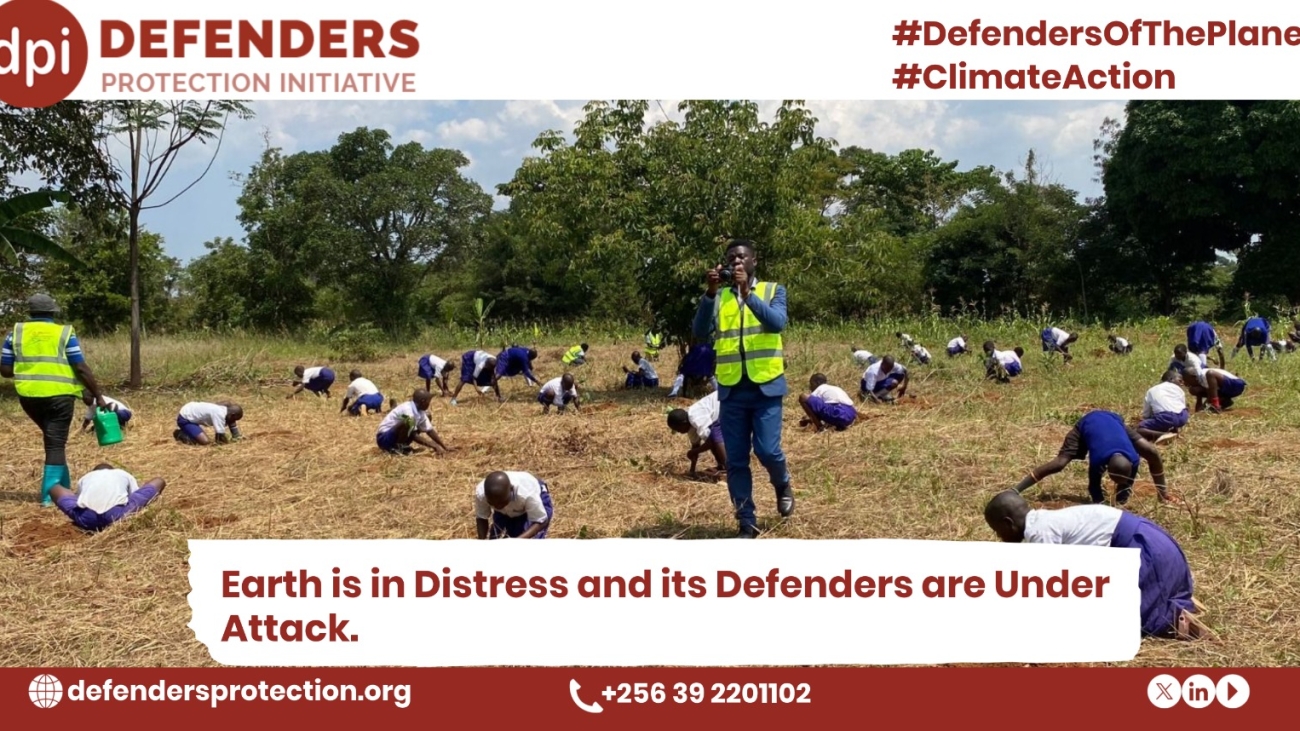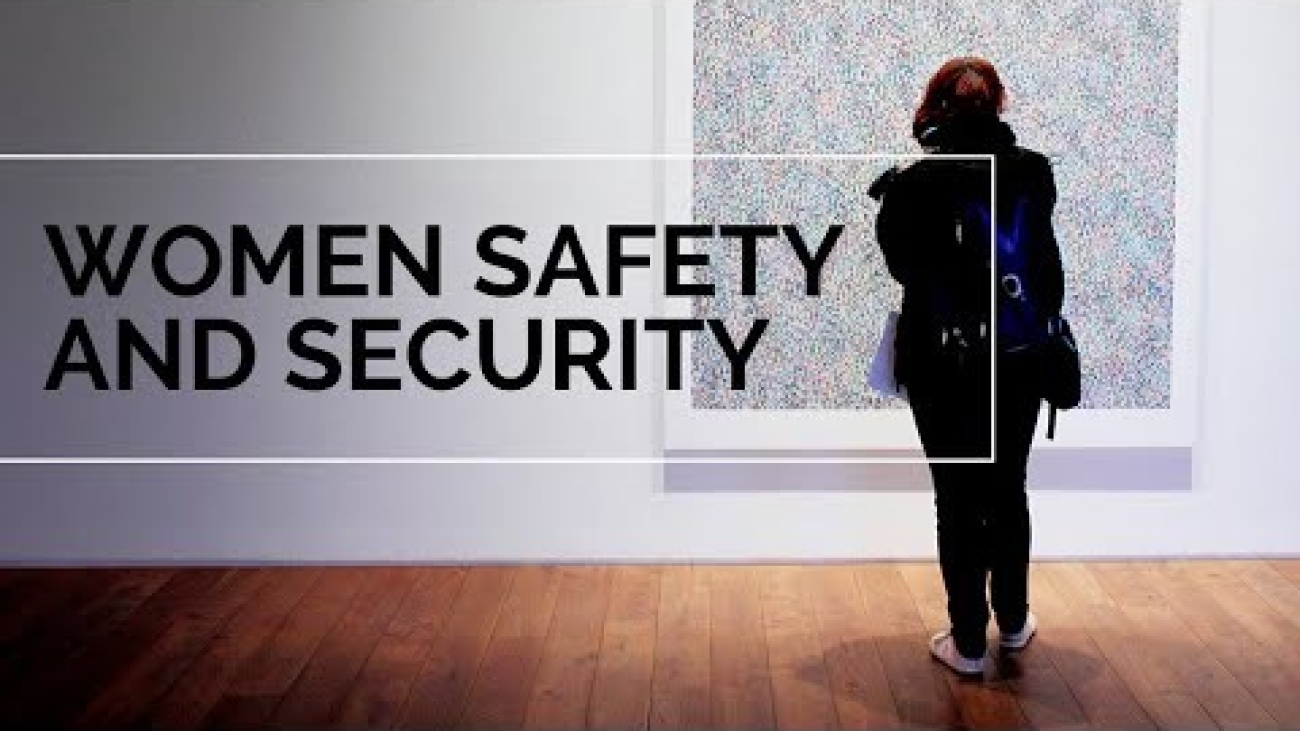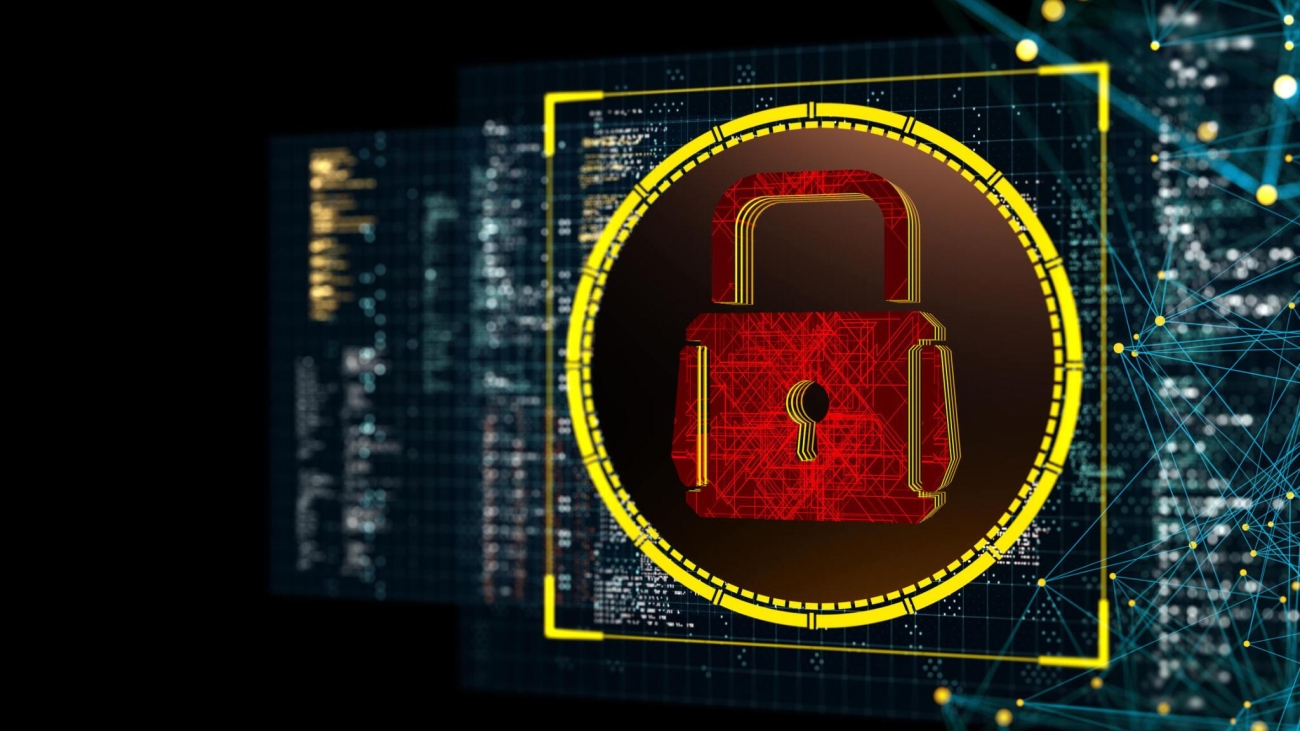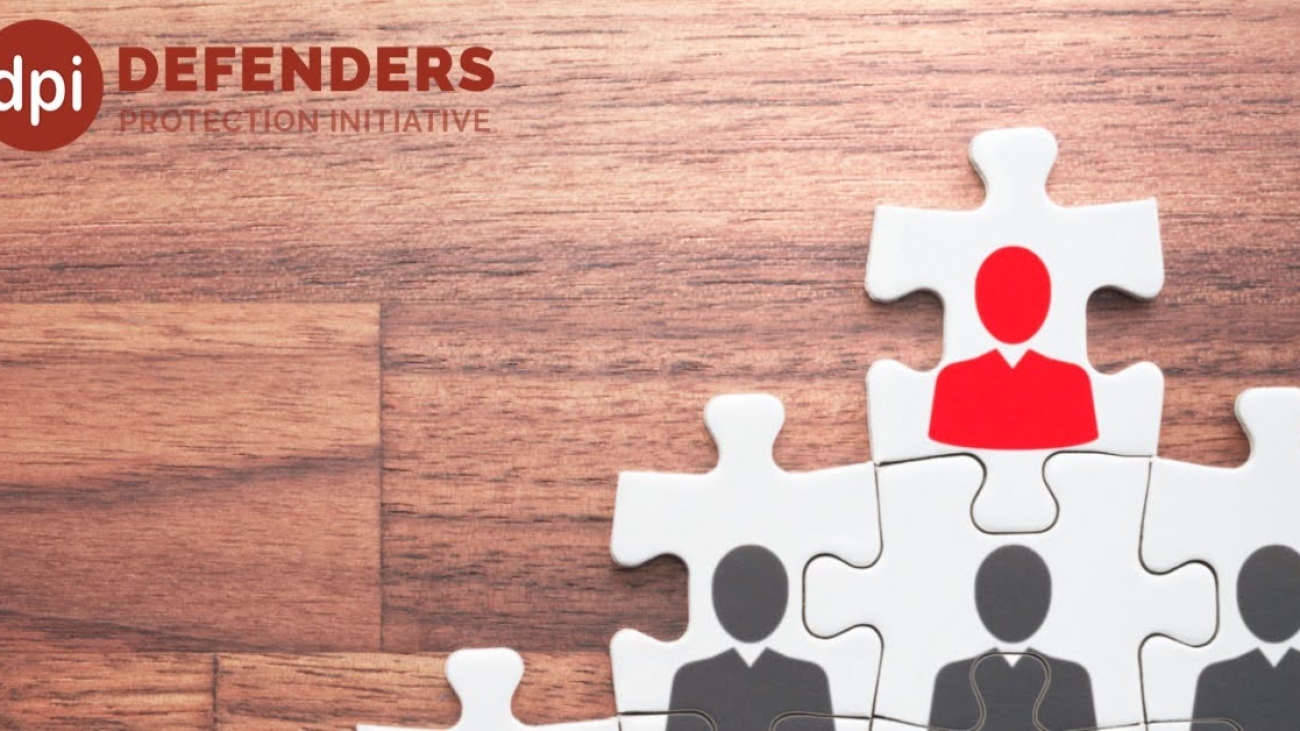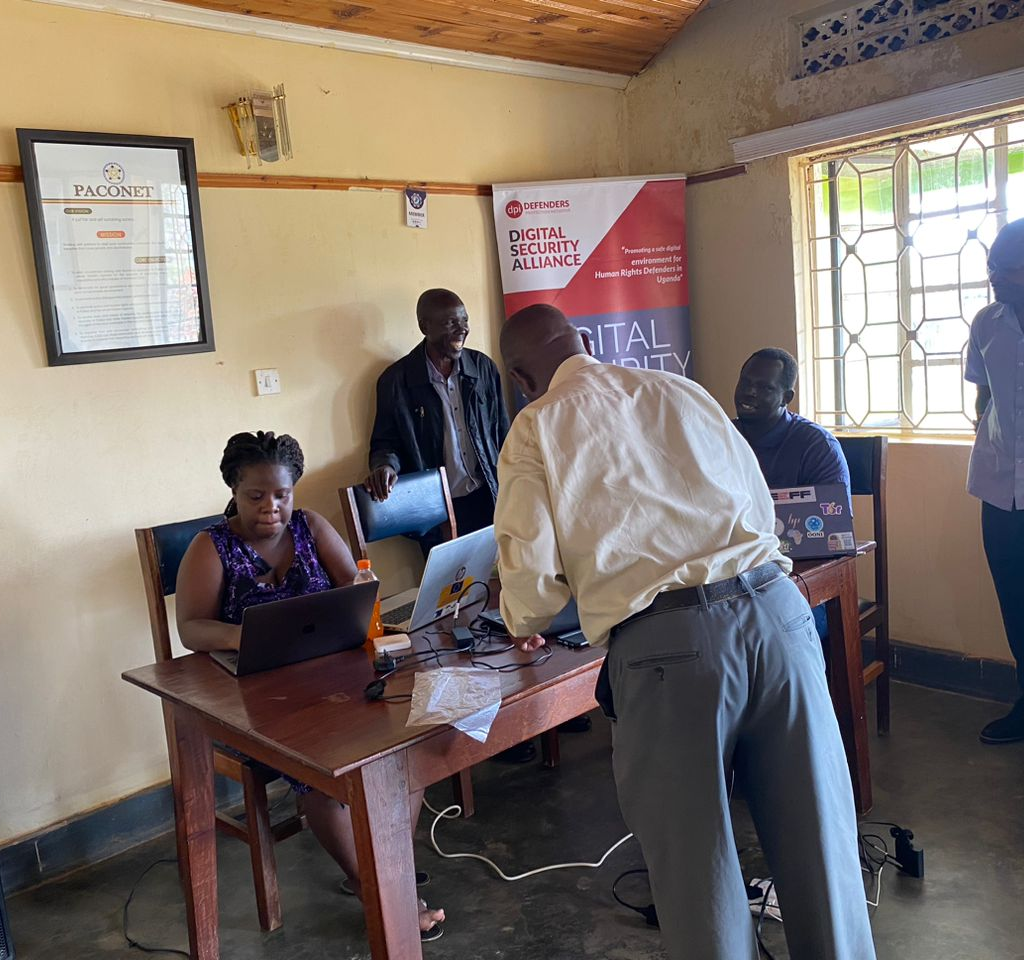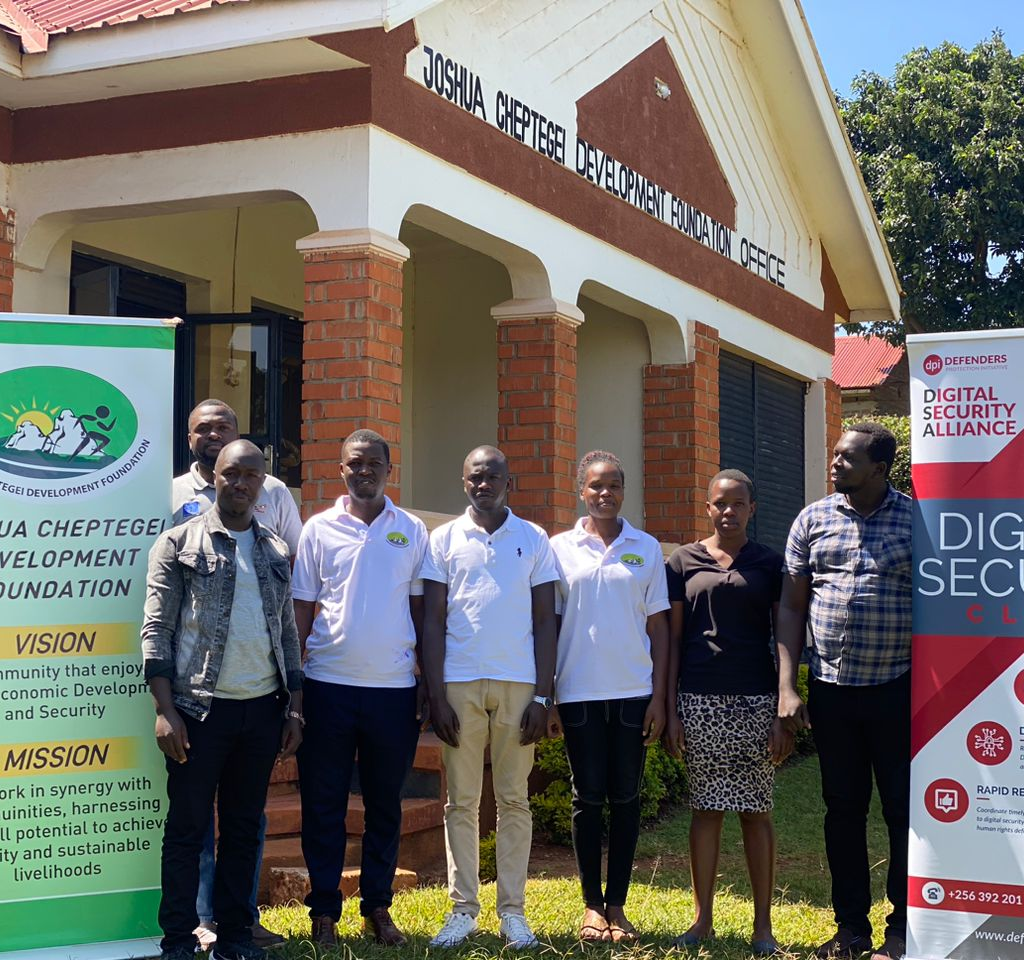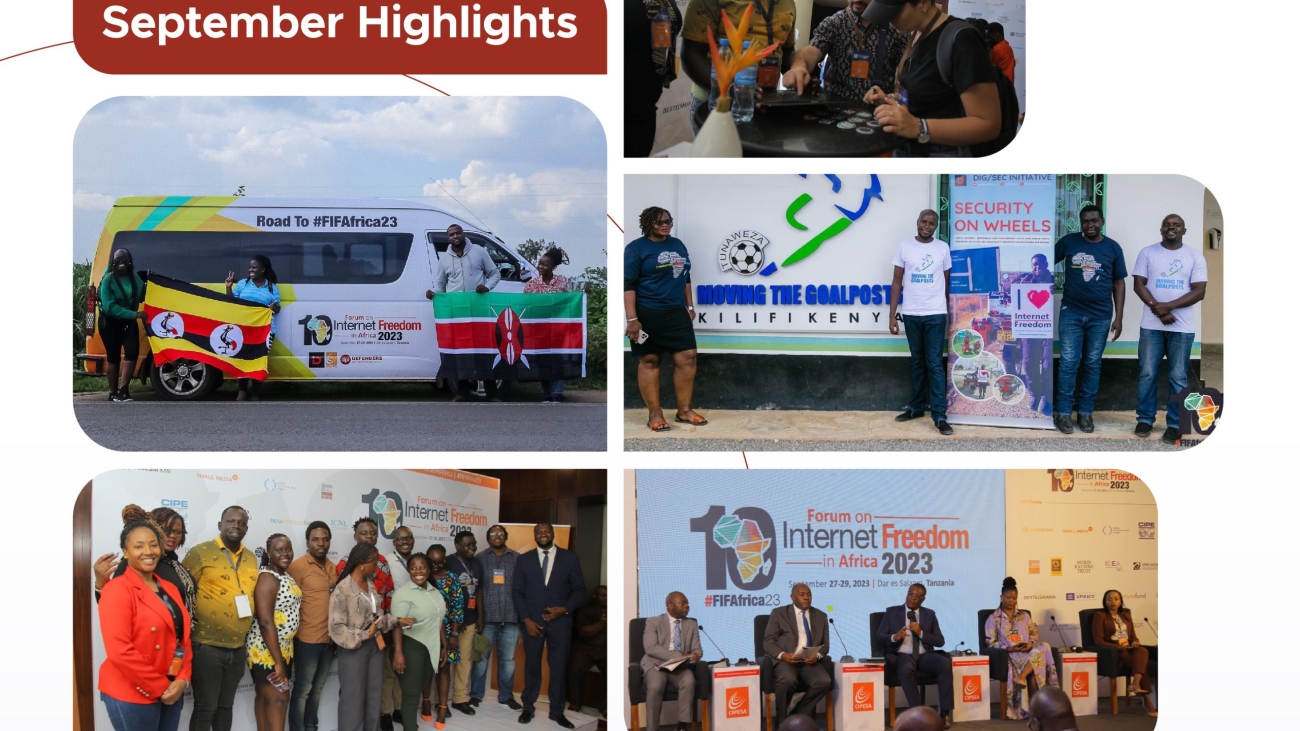By Noelyn Nassuuna | 8 May 2025
In a historic decision on May 6, 2025, a U.S. jury in California ordered NSO Group to pay $168 million in damages for deploying its Pegasus spyware to hack WhatsApp’s infrastructure. This unprecedented verdict—$447,719 in compensatory damages and over $167 million in punitive damages—marks the first time the notorious Israeli spyware company is held financially accountable in court for its hacking operations.
This ruling is a major victory for global digital rights defenders and a critical warning to companies enabling unlawful surveillance. For years, NSO Group’s Pegasus spyware has been linked to grave human rights violations, including the targeting of journalists, activists, and dissidents worldwide. Meta, the parent company of WhatsApp, pursued a six-year legal battle to expose these abuses and protect its users. The judgment follows a landmark January 2025 summary ruling that found NSO guilty of violating U.S. and California hacking laws and breaching WhatsApp’s Terms of Service.
“This verdict sends a clear message to spyware companies that targeting people through U.S.-based platforms will come with a high price,” said Michael De Dora, U.S. Policy and Advocacy Manager at Access Now.
But while the courtroom victory occurred in the United States, its impact reverberates far beyond. Just days before the judgment, Ugandan investigative journalist Canary Mugume took to X (formerly Twitter) to reveal that Pegasus spyware had attempted to infiltrate his device. His post sent shockwaves through Uganda’s media and civil society sectors, especially as the nation edges closer to its 2026 general elections.
This is not the first time Pegasus has been used to target journalists globally. In Uganda, such incidents signal a chilling escalation in the digital threats facing the press. The implications are grave: surveillance software like Pegasus doesn’t just spy on individuals—it compromises entire newsrooms, sources, and the right to information.
“Apple sent this notification to me indicating that I am being targeted by a mercenary spyware. Most of these are used by Governments to hack into phones of journalists, high-profile figures and activists. They last sent this in 2021, there’s a pattern – electoral season.”
In past years, several journalists and human rights defenders in Uganda have reported suspicious digital intrusions, but rarely with hard evidence pointing to a tool as sophisticated and invasive as Pegasus. The spyware is known for its ability to silently infiltrate phones, access messages, camera, microphone, and more—all without the user’s knowledge.
At Defenders Protection Initiative (DPI), we continue to raise alarm and awareness over the growing use of surveillance technologies to intimidate, silence, or endanger the work of journalists, activists, and civil society organizations. The risks are particularly heightened during politically sensitive periods such as elections, where access to reliable information and protection of press freedom are critical for democratic integrity.
The recent U.S. court ruling is a reminder: accountability is possible. It is also a call to action for governments, tech companies, and civil society in Uganda and across Africa to:
- Strengthen digital security protocols for journalists and human rights defenders
- Demand transparency and oversight over surveillance technologies
- Challenge spyware vendors through legal, policy, and public channels
We stand in solidarity with journalists like Canary Mugume and urge all media professionals to report digital threats and seek expert support. DPI remains committed to supporting journalists and human rights defenders through digital security trainings, emergency response, and legal support.
As elections approach, the protection of digital rights is not just a tech issue—it is a human rights imperative.

